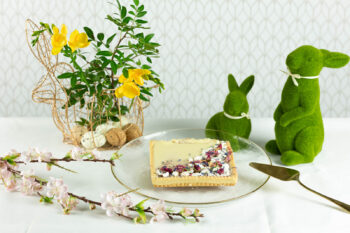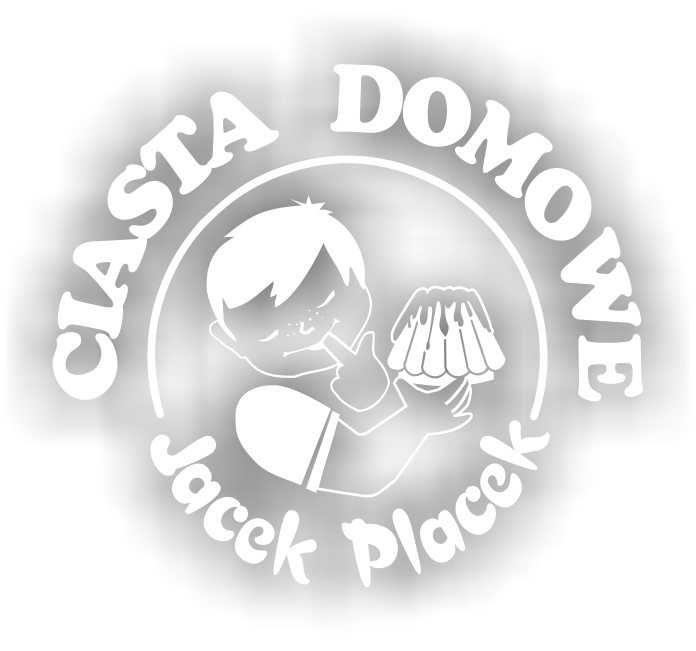Wielkanoc to najważniejsze święto dla chrześcijan obchodzone na pamiątkę zmartwychwstania Jezusa Chrystusa. To czas radosnego świętowania i objadania się wielkanocnymi przysmakami – następującym po okresie wielkopostnych wyrzeczeń i wyciszenia. Z drugiej strony Wielkanoc jest też celebracją przychodzącej wiosny i budzącego się na nowo życia, co było kultywowane również w czasach pogańskich. Jakie jest zatem znaczenie i geneza Wielkiejnocy? Odpowiedzi na te pytania znajdziecie w naszym artykule.
Znaczenie słowa Wielkanoc

Już sama nazwa „Wielkanoc” w języku polskim wskazuje na głęboki sens tego święta. W wymiarze religijnym oznacza to doniosłe wydarzenie zmartwychwstania Jezusa Chrystusa, co dokonało się właśnie nocą. W innych językach słowiańskich można spotkać się także z określeniami: Wielki Dzień albo Zmartwychwstanie, które to słowa oddają to samo znaczenie.
Natomiast w językach pochodzenia germańskiego nazwy Świąt Wielkanocnych, czyli przykładowo w angielskim Easter, a w niemieckim Oster, nawiązują do pogańskich obchodów powitania wiosny i nowego życia. Słowa te pochodzą od imienia Ostara (lub Eostre), celtyckiej i starogermańskiej bogini wiosny, odradzania się natury i płodności. Z tą postacią związane było specjalne święto obchodzone w czasie równonocy wiosennej, kiedy to w sposób symboliczny światło (dzień) zwycięża nad ciemnością (nocą). Dlatego też pierwszy dzień wiosny był początkiem okresu radości, odradzania życia i rozmnażania się.
Dlaczego Wielkanoc jest świętem ruchomym?
Termin Wielkanocy co roku się zmienia, na co wpływ mają fazy księżyca. Od czasu soboru nicejskiego w 325 roku obchodzimy ją zawsze w pierwszą niedzielę po pierwszej wiosennej pełni księżyca, czyli pomiędzy 21 marca a 25 kwietnia. Zatem data Świąt Wielkanocnych jest również ściśle związana z początkiem astrologiczinej wiosny, podobnie jak w tradycji kultów pogańskich.
Warto jeszcze zaznaczyć, że pierwotnie chrześcijanie obchodzili Wielkanoc w tym samym dniu, co żydowskie święto Paschy, upamiętniające wyjście Żydów z Egiptu po okresie niewoli. Dlatego w niektórych językach nazwa Wielkiejnocy nawiązuje bezpośrednio do słowa Pascha – szczególnie w romańskich np. Pascua po hiszpańsku czy Pasqua po włosku.
Symbole Wielkanocy
Co ciekawe, nie tylko termin obchodzenia Świąt Wielkanocnych jest powiązany z dawnymi kultami pogańskimi, ale również prawie cała przypisana im symbolika. Zaczynając od jajka, które jest odwiecznym znakiem nowego życia, tak samo jak kurczak. Natomiast zajączek to pradawny symbol płodności, miłości i rozmnażania się, będący także atrybutem wspomnianej bogini Ostary. Jedynie wielkanocny baranek odnosi się bezpośrednio do zmartwychwstania Jezusa Chrystusa, choć tutaj również możemy znaleźć powiązania z barankami ofiarnymi, które były składane pogańskim bogom.

Zatem okazuje się, że pradawne zwyczaje i symbole pogańskie mocno zakorzeniły się w kulturze chrześcijańskiej i są praktykowane do dzisiaj. Dlaczego tak się stało? Otóż kiedy nowa religia zaczęła się rozprzestrzeniać po świecie, kościół nie zakazywał dotychczasowych rytuałów, ale nadawał im nowe znaczenie, dzięki czemu wiernym łatwiej było je przyjmować. Wielkanoc połączono ze świętem pożegnania zimy i przywitania wiosny, czyli nowego życia. Koniec zimy i nadejście wiosny potraktowano jako zwycięstwo życia i światłości nad śmiercią, ciemnością oraz grzechem poprzez zbawienie Jezusa Zmartwychwstałego.
Śmigus-dyngus, czyli lany poniedziałek
Również obyczaj polewania się wodą w Poniedziałek Wielkanocny przejęliśmy od naszych pogańskich przodków. Ten rytuał był związany z budzeniem się przyrody do życia i jej odnawialnej zdolności do wegetacji.
Natomiast śmigus-dyngus był początkowo dwoma odrębnymi ludowymi zwyczajami. Śmigus oznaczał symboliczne bicie się witkami wierzbowymi po nogach oraz wzajemne oblewanie się wodą. Miało to na celu wiosenne oczyszczenie się z brudu i różnych dolegliwości, a potem także grzechu. Dyngus zaś w językach słowiańskich nazywał się „włóczebny” i polegał na składaniu wizyt rodzinie oraz sąsiadom. Przy tej okazji zawsze był organizowany poczęstunek, a także można było liczyć na jakieś datki na drogę.
Życzenia wielkanocne
Na czas zbliżających się Świąt Wielkanocnych od całego zespołu naszej cukierni życzymy Wam zdrowia, pogody ducha, ciepła domowego, a także delektowania się pysznymi świątecznymi potrawami i ciastami!


